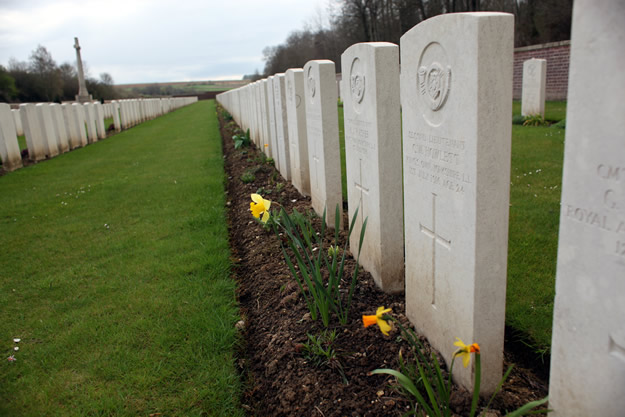
We are one year from the centennial of World War I, and by this time next year, there will be streams of articles and books on how the war started. Some believe it was “tragic and unnecessary,” others claim that the British sought a world war, and more recently, Christopher Clark theorizes that the participants sleepwalked their way into the war.
Clark challenges us to remember that “when we look back from our remote vantage point in the early twenty-first century at the twists and turns of European international relations before 1914, we cannot help but view them through the lens of what followed” (362).
Essentially, we need to ignore August 1914 for a moment if we ever hope to understand how the war came about.
In August 1913, Europe was full of uncertainty. Each government featured its own complex system and set of decision-makers, which included a combination of royalty, diplomats, politicians, and military commanders. The influence of each of these groups changed over time, almost from year to year. These governments all had conflicting ideologies within, which rarely equated to a desire for war, but more often sought preparation. The wars that governments sought were limited in scope, often coming from smaller players such as Serbia, Greece, and Bulgaria, not France, Germany, Britain, Austria-Hungary, or Russia.
Understanding these governments sheds light on how they would respond to the July 1914 Crisis. For example, in Austria-Hungary, the decision-making was split between hawk and dove groups of men that could not react quickly to any international crisis, so that by the time they did respond, it was too harsh and too late.
There was obviously distrust between the governments. There were competing alliances, often because of the distrust. Yet the alliances existing in August 1913 did not put Europe on a permanent trajectory for war. For example, the Anglo-Russian alliance was up for renewal in 1915 and the rocky relationship indicated that it might have expired without renewal, as did the German-Russian alliance in the 1890s.
The point is that there was more uncertainty in August 1913 than anything else. More importantly, none of this meant a world war, as no major European government was planning an offensive war on the continent 99 years ago.
